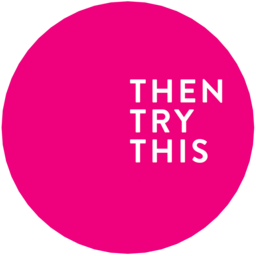Then Try This at Knowle West Media Centre's "What if...?" event
We have been talking with Knowle West Media Centre for quite a while about doing some things together, so it was great to be invited to demo some projects at their "What if...?" event last week, which was oriented around the role of art in community technology.
